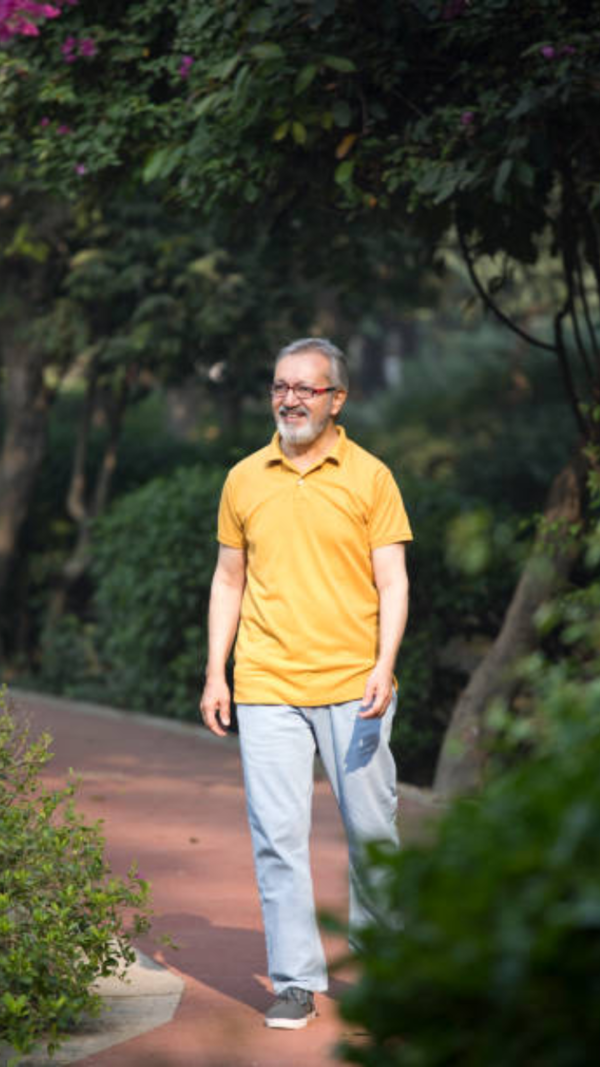- News
- City News
- rajkot News
- Gujarat's thin plastic conundrum
Trending
Gujarat's thin plastic conundrum
Rajkot Municipal Corporation enforces a plastic ban since 2016 in Gujarat targeting bags under 120 microns. In Saurashtra's commercial centre, raids yield 150-200 kg monthly, mainly from central Gujarat. Despite penalties, cheap bags persist, posing environmental hazards and microplastics. Dr Tejas Doshi notes their impact on wildlife, oceans, vegetable carts, and Plastic Waste Management Rules enforcement.

Despite regular drives by the civic bodies, plastic bags less than 120 microns continue to find their way into the markets with their use rampant at grocery stores, vegetable carts, paan kiosks and other small establishments.
Take Rajkot, Saurashtra's biggest commercial centre. Every month, the Rajkot Municipal Corporation (RMC) seizes around 150-200 kg of banned plastic bags every month during the random raids conducted to check if Plastic Waste Management Rules. RMC's environment engineer, Nilesh Parmar, said, "We conduct raids and seize around 150 to 200 kg polythene bags every month. We suspect that this plastic is manufactured in central Gujarat." Sources indicate that the bags are so inexpensive that traders can afford to use them and get away with paying penalties that depend on the scale of sale or production. The aim behind banning these bags is they don't decompose easily. Over time, these plastic bags break down into microplastics, which ente

(With inputs from Jignesh Parmar in Ahmedabad, Sachin Sharma in Vadodara and Yagnesh Mehta in Surat)
End of Article
FOLLOW US ON SOCIAL MEDIA











